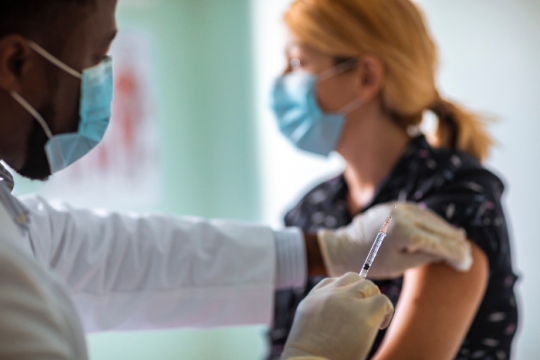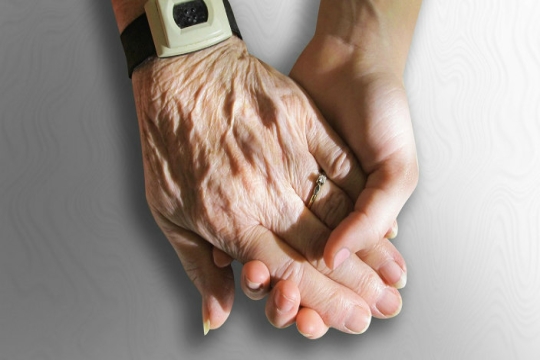
I received a call several years ago from a friend telling me her son had committed suicide. I didn’t know he suffered from bipolar disease – she had never mentioned it – but as the conversation unfolded, she told me this was the last of several attempts to end his life.
Perhaps the most horrifying detail I learned that morning was that her son had been ill for years, and yet she’d never told anyone outside their immediate family.
She’d never asked for help, although his illness had brought many terrible stories, including previous suicide attempts, homelessness, and violence. She told me she’d believed his illness was somehow her and her husband’s fault, and she didn’t want their work associates to learn that they had a son with a serious mental illness, as it might impact their careers.
Why? We can tell each other about horrible, life-changing diagnoses of Parkinson’s disease or cancer, yet it doesn’t seem OK to share the diagnoses of depression or bipolar disorder? Physical disease and mental disease are both difficult, life-changing events, but it seems that when mental illness, comes into our lives we feel shame and a need for secrecy. In the night, we feel guilt.
Ultimately, this experience led me to explore our Jewish response to mental illness and to convene a community conference to help identify the needs of this isolated part of our community.
In 2009, the P’tach Libeynu [Open Our Hearts] Conference revealed that the stigma of mental illness may be heightened within the Jewish community due, in part, to the cultural value placed on high achievement. The result is that many congregants suffering from mental illness choose not to seek support from fellow congregants or even clergy, and some leave congregations or don’t join in the first place because the feel they will never be accepted. The conference revealed an overwhelming need for safe and supportive groups where people dealing with mental illness could reveal their stories, explore a spiritual connection to Judaism, and engage in social support with others dealing with similar situations.
Members of my congregation’s P’tach Libeynu committee began the work to design and plan our first support group shortly after the conference, and we have continued monthly since then. We started with a support group for family members of adult loved ones with mental illness, and a few years later, we started a group for those in our congregation with mental health concerns. Both groups have been meeting monthly since they began.
At the participants’ request, the support group for individuals facing mental health concerns is open only to our congregants and is publicized through our synagogue’s newsletters. The family group, however, is open to people of all faiths in our geographical area, and we advertise it in synagogue newsletters, through Jewish agencies, and with the National Alliance on Mental Illness. About half the families that attend are Jewish and from a synagogue in our community; the rest are families in crisis that were referred to our group through word of mouth or the NAMI newsletter.
Both groups are well attended, with as many as a dozen individuals in attendance per month. We receive ongoing feedback from participants who tell us that the group experience is important and meaningful, helping them feel more connected to and supported by our community. One family member told me that they choose to join our congregation because of our support groups.
The support groups in our community are a first step toward eliminating the shame associated with mental illness by giving them a place to reveal their stories and share their suffering within a framework of total acceptance. Still, our work to end the isolation of individuals and families that struggle with mental illness is far from over. The larger congregation ebbs and flows with each year’s changes to our membership, requiring ongoing programs and reminders that we are an inclusive congregation that welcomes those with mental illness.
We continue to inform, teach, and listen, working to keep all members – from the youngest in religious school to the elders of our congregation – safe and welcomed in our Jewish neighborhood.
Diana MaKieve is the leader of P’tach Libeynu: Open our Hearts, an effort to challenge the stigma of mental illness at Temple Isaiah in Lafayette, CA.
Visit the DisabilitiesInclusion.org, the Reform Movement’s online learning portal, to learn more about our upcoming series of live webinars about mental health. For more on this topic, register now for “Challenging the Stigma Surrounding Mental Illness,” taking place Monday, May 23rd, at 2:00 p.m. ET.
Have something to say about this post? Join the conversation in The Tent, the social network for congregational leaders of the Reform Movement. You can also tweet us or tell us how you feel on Facebook.
Related Posts

Vaccinating the Most Vulnerable Requires Proactive Congregational Effort

Teen Mental Health: Rolling Darkness into Light
